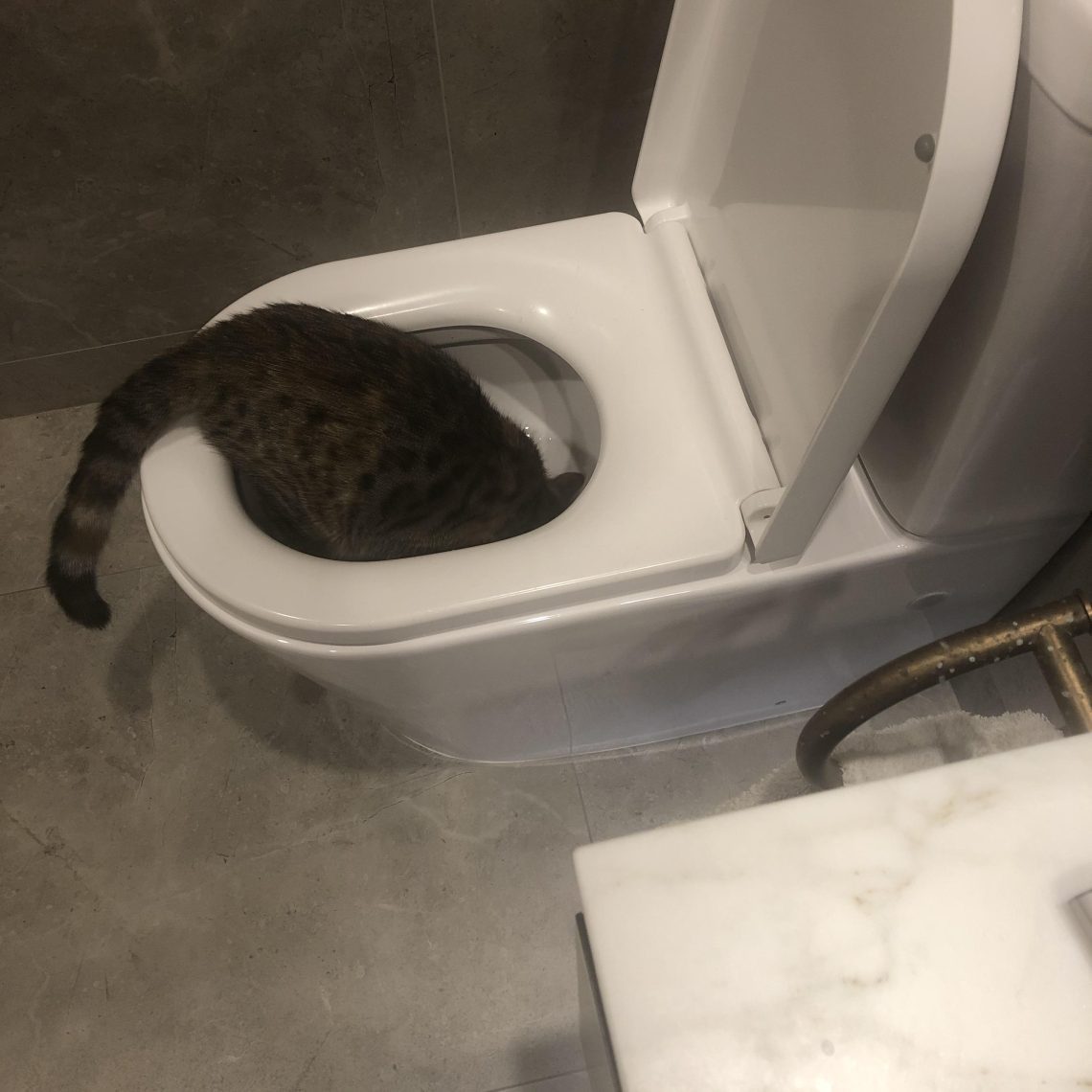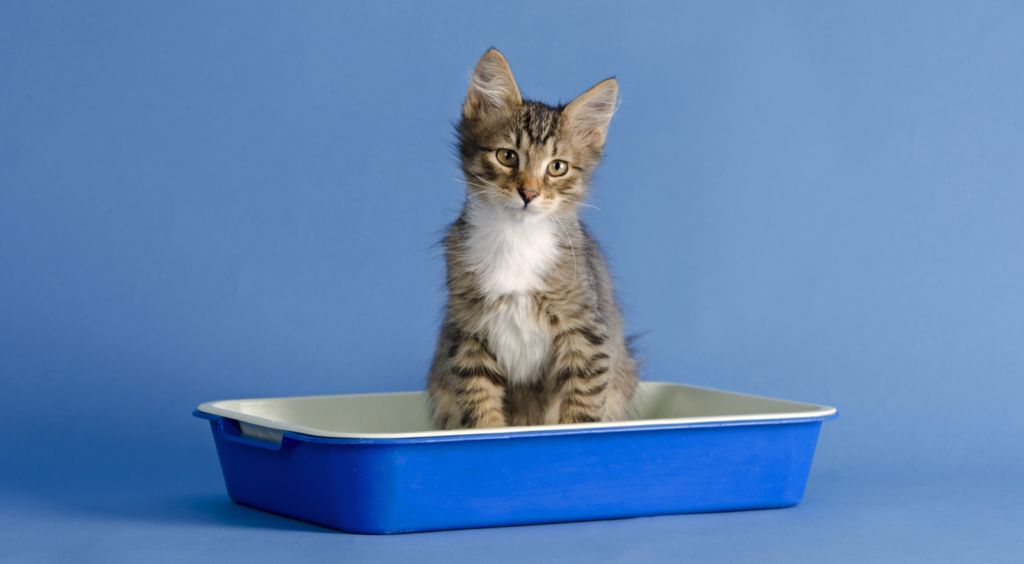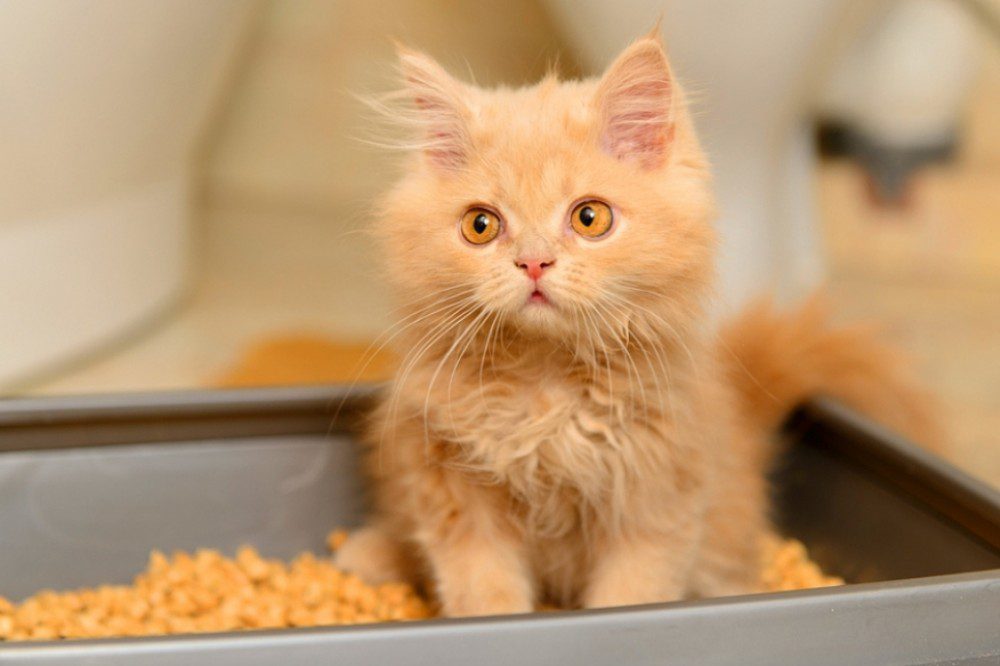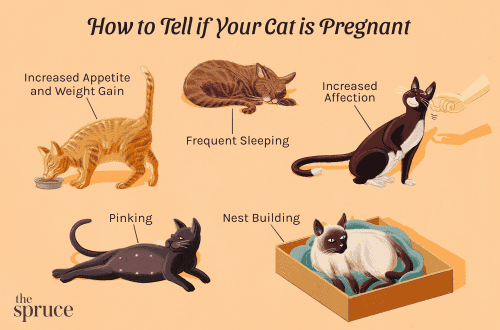
Ki sa ki fè si chat la pa ka ale nan twalèt la nan yon ti fason
If your pet has problems with urination, you should immediately go to the veterinary clinic to show the animal to a specialist who, after examination, will be able to point out the causes of the disease.
Every loving owner tries to provide comfortable living conditions for his pet, including proper care and balanced nutrition, regardless of the breed of the animal. After all, even purebred cats need to eat right. But, unfortunately, it is not always possible to prevent possible diseases.

And if there is a problem with the fact that the cat is unable to go to the toilet in a small way, this can be an alarm signal, indicating that, most likely, your pet is starting to develop urolithiasis. In this case, the intervention of a veterinarian is inevitable, since a disease not detected in time, and the lack of its treatment, can become the causes of death.
If you notice that the cat is behaving strangely, fussing, meowing loudly, walking around and near the tray, and during urination, he presses against the edge of the tray (this is how the animal helps the bladder to empty), this indicates that the cat has problems with normal urination during which she experiences pain and burning. But only a specialist can determine what exactly caused painful urination. Therefore, you should not postpone a visit to the veterinary clinic, where your pet will definitely be helped.
Most often, cats neutered in childhood are subjected to urolithiasis. If there are problems with the kidneys, then the urge to urinate may not be at all. Therefore, sometimes even specialists find it difficult to determine the first signs of the formation of animal sand or stones in the kidneys.

There are cases when even small kittens have similar problems, but most often adult animals suffer from such diseases. Some of the causes that contribute to the disease have already been mentioned earlier. It is not excluded in this case, and the presence of mechanical obstruction of the urinary tract, the problem is most often congenital.
Inflammatory processes in the urethra or bladder can also cause severe discomfort to the cat and prevent her from going to the toilet in a small way. Whatever it was, in this case, postponing a visit to the veterinarian is highly undesirable. He will examine the cat and prescribe the necessary tests, this will help to quickly determine the diagnosis and begin treatment, which is absolutely impossible to delay, because the further, the more problems will become. Urine in the bladder will accumulate, inflammatory processes will begin not only in this organ, but also in the kidneys, and then the bladder may rupture.
You already know what to do in case of problems with urination, now let’s talk about what to do to prevent urolithiasis in your cat. First of all, it is proper nutrition. Carefully study the composition of the feed, and make sure that it does not have a high content of minerals. If possible, you need to remove from the diet or minimize the use of dry and canned food by your pet. Make sure that the food for the animal is rich in B vitamins, especially B6, vitamin A, and also that glutamic acid is present in the food.

Unfortunately, it is impossible to cure completely urolithiasis in an animal. Regular preventive measures, regular check-ups, taking diuretics, antibiotics – these are the activities that will help your pet lead a normal life.
There are signs that you can tell if your cat has a urinary problem before you even notice that she can’t pee normally. So, if you notice the presence of blood in the urine of an animal, and at the same time bloating, it is already necessary to take precautions and take the pet to a veterinarian.
A real threat to life occurs when the cat is completely blocked, when the cat cannot pee at all. It can be seen that in this case the animal becomes very frightened, hides, refuses to eat, and the body temperature rises.
Of course, in this case, you urgently need to take the cat to the hospital, but if this is not possible, then a warm heating pad can be the first aid, which must be placed on the pet’s stomach and crotch. It is absolutely impossible to massage the stomach itself, so as not to damage the bladder. In this mode, you can help the cat for no more than three days, otherwise, if you do not contact a specialist, intoxication of the body will occur.
In the veterinary clinic, the animal will immediately be given the first necessary aid, they will be given painkillers and a catheter will be placed. Next, the cat will need to do an ultrasound to find out the size of the stones.
After the diagnosis is established and the treatment has been completed, it is imperative for the animal to make a dietary diet, exclude salty foods, raw meat and fish, and make sure that the pet’s bowl is always with fresh boiled water.





